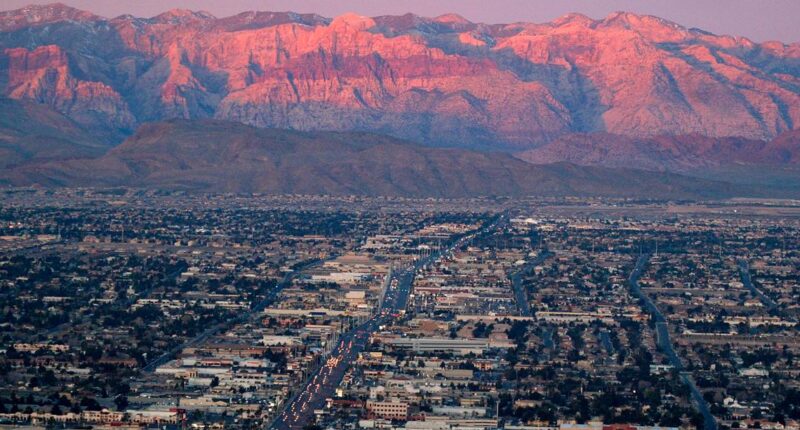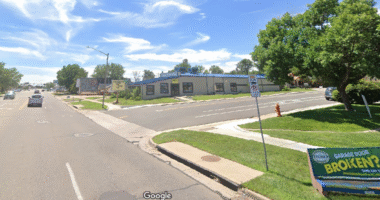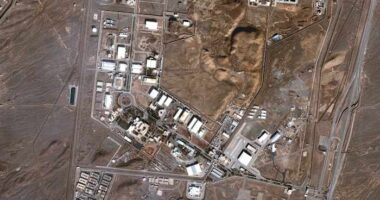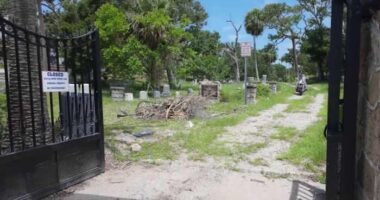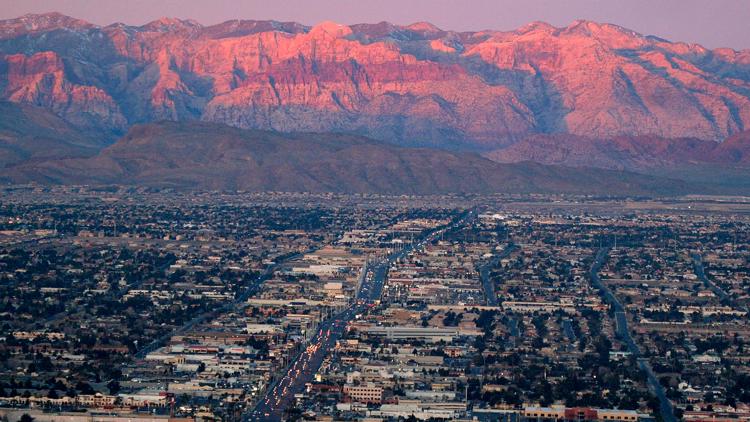
Western states from Alaska to New Mexico could have land available for sale, excluding Montana which was removed from the proposal due to objections from local lawmakers.
A budget proposal put forth by Utah Republican Sen. Mike Lee involves the potential sale of over 2 million acres of federal lands to states or other entities. This initiative rekindles the longstanding goal of Western conservatives to transfer land control to local authorities, following the previous failure of a similar proposal in the House.
The draft provision of the comprehensive tax cut package presented by Lee, who leads the Energy and Natural Resources Committee, includes a requirement for the land sales. The proposal aims to facilitate the transfer of certain federal lands to state or local ownership.
Sharp disagreement over such sales has laid bare a split among Republicans who support wholesale transfers of federal property to spur development and generate revenue, and other lawmakers who are staunchly opposed.
Land in 11 Western states from Alaska to New Mexico would be eligible for sale. Montana was carved out of the proposal after lawmakers there objected.
A spokesperson for Montana Sen. Steve Daines said Thursday that he is “against the sale of public lands but glad to see Montana exempted.”
Sen. Martin Heinrich, the ranking Democrat on the energy committee, said the proposal would exclude people from places where they fish, hunt and camp.
“I don’t think it’s clear that we would even get substantial housing as a result of this,” Heinrich said. “What I know would happen is people would lose access to places they know and care about and that drive our Western economies.”
Most public lands are in Western states. In some, such as Utah and Nevada, the government controls the vast majority of lands, protecting them from potential exploitation but hindering growth.
Lee’s proposal does not specify what properties would be sold. It directs the secretaries of interior and agriculture to sell or transfer at least 0.5% and up to 0.75% of U.S. Forest Service and Bureau of Land Management holdings. That equals at least 2.1 million acres (868,000 hectares) and up to 3.2 million acres (1.3 million hectares).
The Republican said in a video released by his office that the sales would not include national parks, national monuments or wilderness. They would instead target “isolated parcels” that could be used for housing or infrastructure, he said.
“Washington has proven time and again it can’t manage this land. This bill puts it in better hands,” Lee said.
Montana Rep. Ryan Zinke, who served as interior secretary in President Donald Trump’s first term and led the effort to strip land sales out of the House version, said he remained a “hard no” on any legislation that includes large-scale sales.
States or other entities would nominate potential parcels. Before carrying out sales, federal officials would have to consult with governors, local officials and any impacted Native American tribes.
Conservation groups reacted with outrage, saying it would set a precedent to fast-track the handover of cherished lands to developers.
“Shoving the sale of public lands back into the budget reconciliation bill, all to fund tax cuts for the wealthy, is a betrayal of future generations and folks on both sides of the aisle,” said Michael Carroll with The Wilderness Society.
Housing advocates have cautioned that federal land is not universally suitable for affordable housing. Some of the parcels up for sale in Utah and Nevada under the House proposal were far from developed areas.
Last year Republican officials in Utah filed a lawsuit seeking to take over huge swaths of federal land in the state, but they were rejected by the U.S. Supreme Court. Twelve other states backed Utah’s bid.
Copyright 2025 Associated Press. All rights reserved. This material may not be published, broadcast, rewritten, or redistributed.
